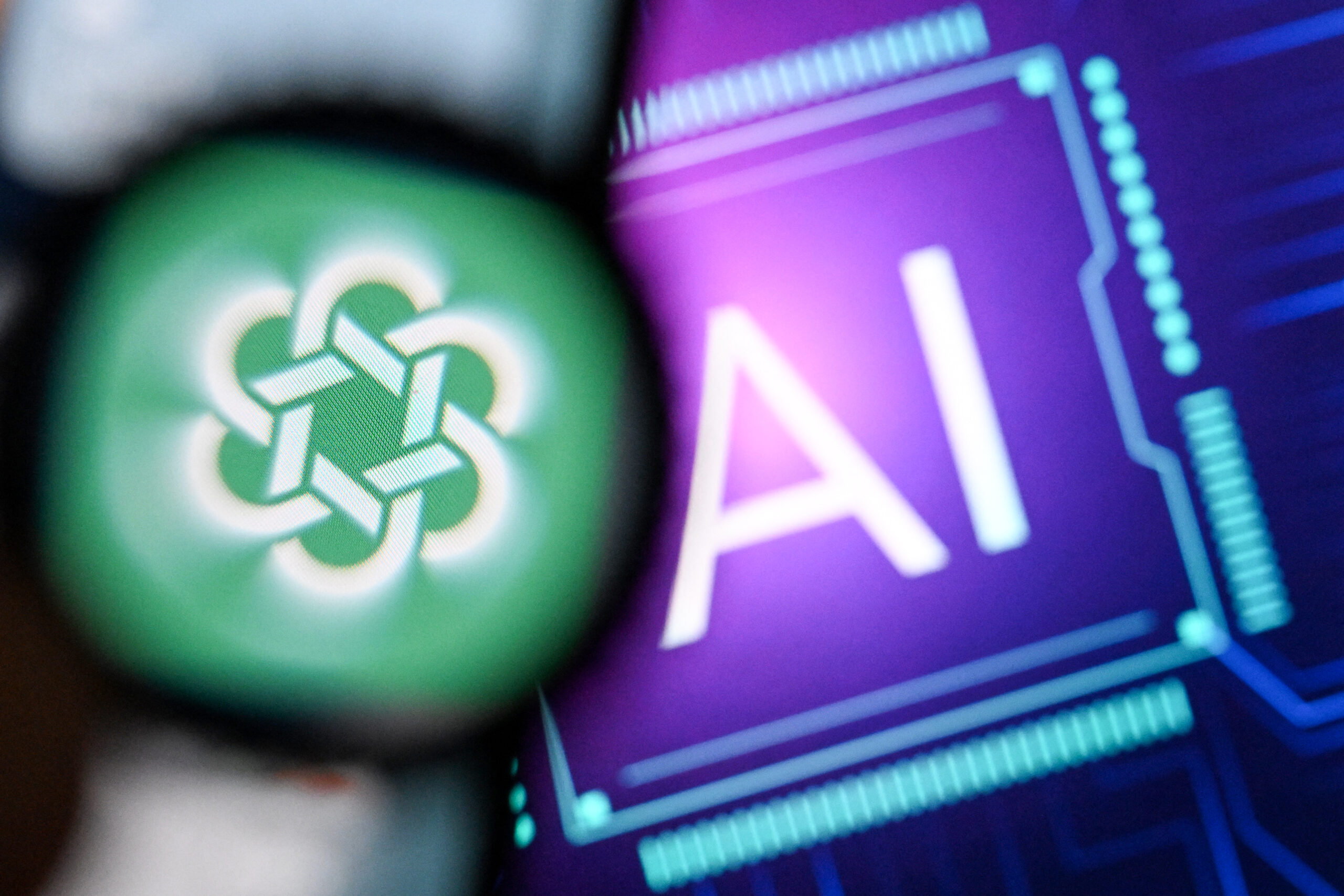Ateneo researchers develop ‘deep-learning’ dental AI assistant

A photo taken on February 26, 2024 shows the logo of the ChatGPT application developed by US artificial intelligence research organization OpenAI on a smartphone screen (L) and the letters AI on a laptop screen in Frankfurt am Main, western Germany. (Photo by Kirill KUDRYAVTSEV / AFP)
MANILA, Philippines — A “deep-learning” dental artificial intelligence (AI) assistant developed by Ateneo researchers is seen to improve the detection of odontogenic sinusitis, a dental problem known to be challenging to diagnose.
According to the Ateneo de Manila’s research communications section, the “deep-learning model” developed by the Ateneo Laboratory for Intelligent Visual Environments (Alive) in collaboration with international researchers has the capability to identify tooth and sinus structures in dental X-rays with 98.2 percent accuracy.
READ: The potential effects of AI healthcare
“Using a sophisticated object detection algorithm, the system was specifically trained to help quickly and more accurately detect odontogenic sinusitis—a condition that is often misdiagnosed as general sinusitis and, if left unchecked, could spread infection to the face, eyes, and even the brain,” Ateneo’s statement reads.
“Odontogenic sinusitis, caused by infections or complications related to the upper teeth, is notoriously difficult to diagnose,” it adds.
The condition’s general symptoms include nasal congestion, foul-smelling nasal discharge, and occasional tooth pain, which are nearly identical to those of ordinary general sinusitis, hence are often overlooked both by dental and medical practitioners.
Ateneo researchers said the use of the AI assistant would minimize patients’ exposure to radiation as it also reduces the need for CT scans, the primary tool for diagnosing odontogenic sinusitis.
READ: Luzon hospitals, centers get help from TB-detecting AI
It also provides a cost-effective screening tool, especially for areas with no access to CT scans for other imaging technologies.
“This breakthrough highlights AI’s growing role in medical diagnostics, bridging gaps where human expertise alone may fall short,” Ateneo said.
“With further validation, this technology could become a standard tool in dental and ENT (ear, nose and throat) clinics, ensuring that more patients receive timely and accurate diagnoses,” it added.
The AI assistant was developed with the YOLO (You Only Look Once) 11n deep learning model—an object detection algorithm model—by Alive and researchers from Taiwan’s Chang Gung Memorial Hospital, National Cheng Kung University, Chung Yuan Christian University, and Ming Chi University of Technology.